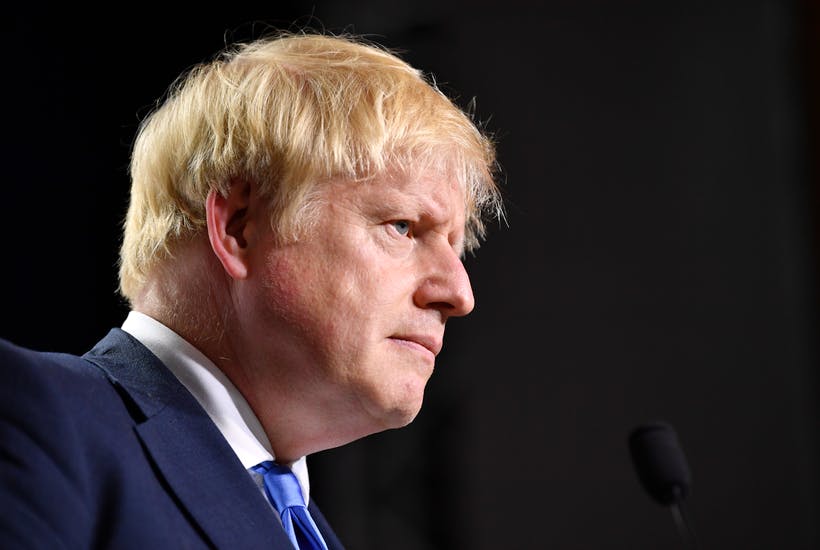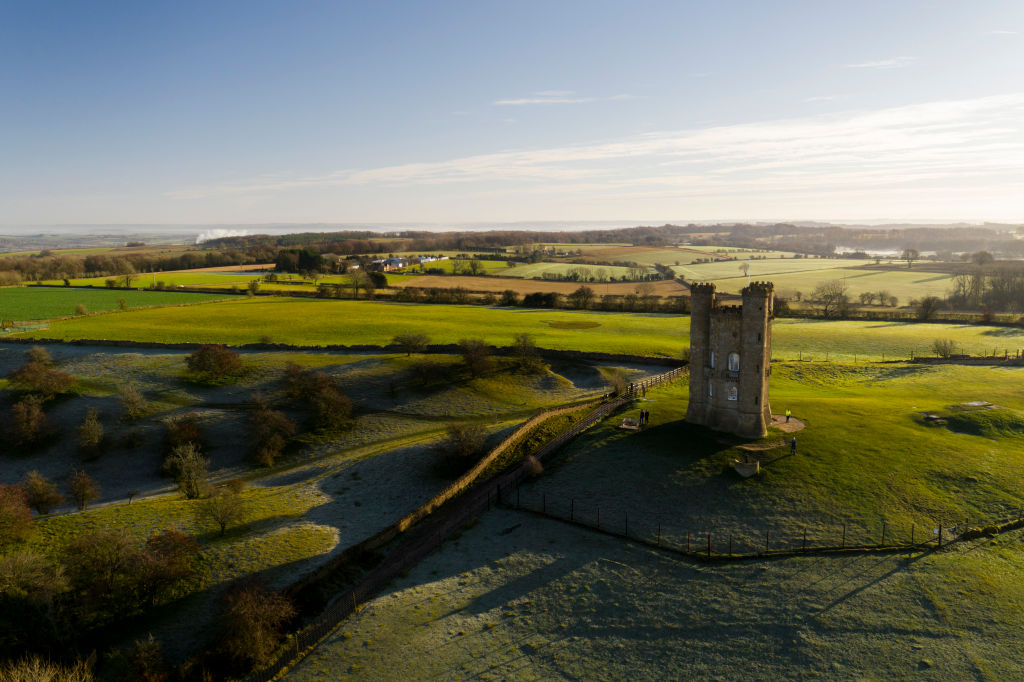Boris Johnson has lost his third government vote – and his first bid for an early election. British Members of Parliament voted against his call for an early election under the Fixed Term Parliaments Act, with Johnson failing to get two thirds of the Commons to vote for it – 298 MPs voted in favor with 56 against.
On hearing the news, the prime minister said that Jeremy Corbyn was the first opposition leader in history to refuse a general election. Ahead of the vote, Johnson had vented that it was ‘completely impossible’ for government to function when MPs won’t back any government legislation. He said the choice the public needs to make is who should go to the EU council summit and sort out Brexit.
So, is an election off the cards? Not at all. No. 10 remain confident that their desired date of October 15 will go ahead. The Spectator understands attendees at this evening’s No. 10 government aides meeting with Dominic Cummings certainly left with that impression. There are two routes now to an early election date. One is to opt for a one line bill calling for one which requires a mere majority. The Scottish National Party have suggested they could back such a measure. The second is that Labour will get behind the government’s plans once the bill to extend Article 50 has received Royal Assent. This is what Jeremy Corbyn appeared to suggest this evening in the Chamber and what John Healey suggested to Andrew Neil. It follows that an election next month remains very likely.
This article was originally published on The Spectator‘s UK website.


























